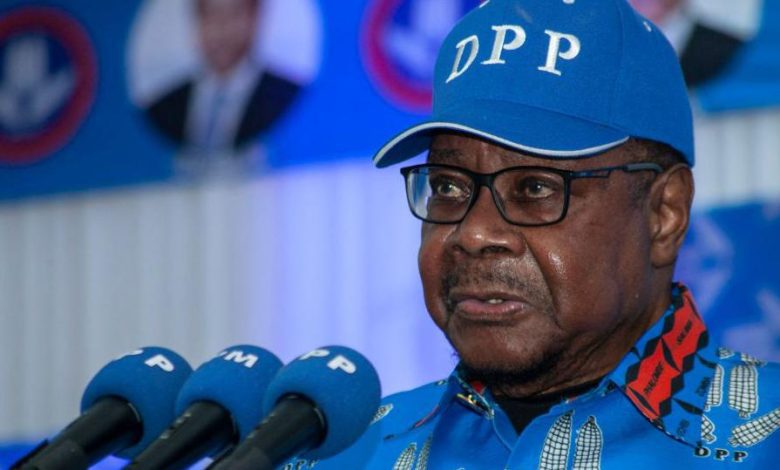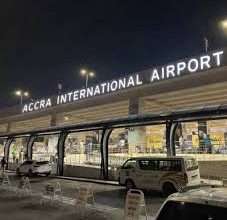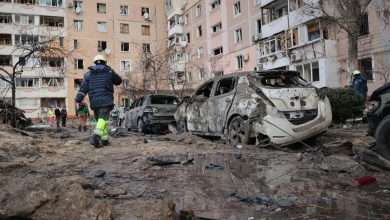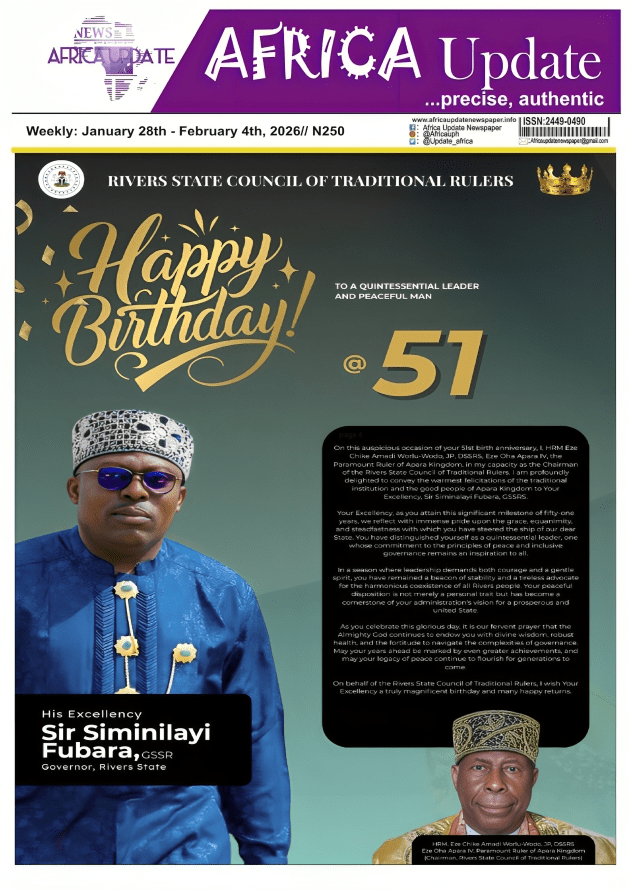
Blantyre, Malawi — Former Malawian President Peter Mutharika, an 85-year-old Yale-educated law professor, is projected to return to power following a stunning electoral comeback. Unofficial results from two of the country’s largest media outlets, The Nation and Times Television, show Mutharika with a commanding lead, capturing approximately 57 percent of the vote. If confirmed, the victory would unseat the incumbent, Lazarus Chakwera, who defeated Mutharika in a historic election rerun just five years ago.
The 2020 rerun was a landmark event, ordered by Malawi’s highest court after the initial vote was tainted by widespread irregularities. This time, however, the tables have turned. Chakwera came to power promising to create a million jobs and eradicate government corruption, but critics argue that his administration has failed to deliver. Many of the country’s 22 million people are grappling with a severe cost-of-living crisis, and a forecast by the World Bank suggests that the number of Malawians living in poverty will grow to 15.8 million this year.
Allegations of Fraud Mar Vote
The current election has also been marked by allegations of fraud and a notable delay in the release of official results. The electoral commission only released its first set of results late Friday night, nearly three days after voting closed. The delay caused alarm among both candidates, with Mutharika’s party, the Democratic Progressive Party, initially warning of potential manipulation. However, as Mutharika took the lead, it was Chakwera’s Malawi Congress Party that claimed foul play, alleging, without evidence, that the opposition had altered results.
Despite facing corruption allegations during his first term from 2014 to 2019, Mutharika is credited with lowering inflation and improving public infrastructure. Analysts had anticipated his comeback due to the country’s dire economic challenges. The election day was largely calm, though some unrest and allegations of fraud were reported at a polling station in Blantyre, the country’s commercial center. The Elections Situation Room, a nonpartisan consortium of local observers, documented complaints of vote-buying and unlawful campaigning at nearly 10 percent of polling stations.







